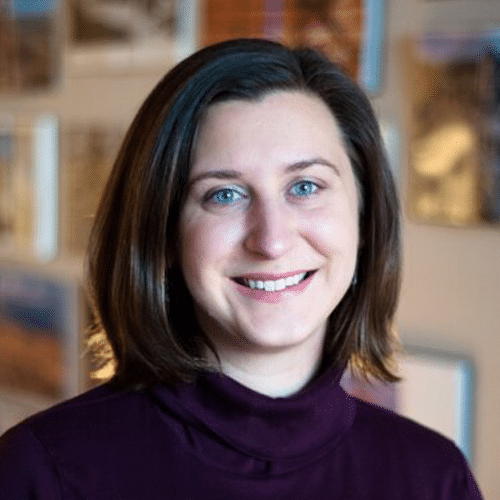In Pennsylvania, the rules controlling expert witnesses are similar to the federal rules—with some notable exceptions. One such exception is that attorneys can effectively defend their expert’s reliance on hearsay and other inadmissible evidence. However, under the Frye standard, PA courts are less likely to allow experts to rely on novel scientific information.
Pennsylvania’s Rules of Evidence
The Pennsylvania Rules of Evidence (PRE) 702 and 703 dictate who can testify as an expert. These rules also govern the information sources on which an expert may base their expert opinion. It’s essential that lawyers and their experts carefully assess their evidence to ensure it passes muster. Experts using inappropriate evidence can lead to costly and time-consuming objections and motions.
An expert may form their opinion from facts or data “that the expert has been made aware of or personally observed.” It’s the same under the Federal Rule of Evidence 703. However, the federal rule benefits from an advisory note expounding on an expert witness’s possible sources. Thankfully, Pennsylvania’s rule is substantially similar to FRE 703, enabling attorneys and their witnesses to trust in this guidance.
Permissible Information Types for PA Expert Witnesses
In Pennsylvania courts, expert witnesses may depend on:
- Firsthand observations
- Presentations at the trial
- Data presented to the expert other than by his own perception outside of court
The second type of information may come from the expert attending the trial and considering the established facts. The third segment of data is common and, in many cases, essential to an expert’s ability to gather enough information to develop a well-informed opinion. Consider a medical expert, for example. They may rely on information collected from the patient, nurses, and other medical practitioners involved in the patient’s case.
Experts May Consult Hearsay
The third source of information—data presented to the expert—may constitute hearsay. This is defined as an out-of-court statement from an individual that another party offers into evidence to prove the truth of the matter asserted in that statement.
An expert’s reliance on hearsay evidence can lead to objections from opposing counsel. The opposition may argue the opinion shouldn’t be admissible if the witness based it on inadmissible evidence. However, the federal and Pennsylvania rules disagree. PRE 703 states, “if experts in the particular field would reasonably rely on those kinds of facts or data in forming an opinion on the subject, they need not be admissible for the opinion to be admitted.”
Pennsylvania explicitly allows experts to use inadmissible evidence, such as hearsay. However, it is only permitted so long as it is information on which other experts in their field would reasonably rely. It also must not be the only data they depend on to form their opinion. An expert can’t simply transmit another person’s opinion via their testimony. They must form their own opinion based on a collection of information.
This standard is clear for attorneys and their expert witnesses. Whatever evidence their experts rely on must be reasonably accepted in their field. Anything less may not withstand an opposing counsel’s challenge in court.
How PA Courts Handle Inadmissible Evidence
Though FRE 703 and PRE 703 are similar concerning what evidence experts may depend on, there’s a distinct difference in how the courts handle inadmissible evidence. Pennsylvania requires experts to disclose all the facts they relied on to the judge or jury deciding the case, even if those facts are inadmissible on their own.
An attorney may request or a judge may instruct the jury to consider the information separately. Specifically, they may categorize it as an explanation for the expert’s opinion only—not as substantive evidence in its own right. However, that doesn’t alter the result. Jurors in a Pennsylvania trial may hear more potentially prejudicial information than they would in a federal court.
Pennsylvania Uses Frye to Assess Novel Evidence
Another distinction arises in how federal and Pennsylvania courts address expert witness opinions involving novel evidence. Since 1993, federal courts have relied on the Daubert standard. Before that, federal courts relied on the Frye standard, which Pennsylvania and a handful of other states continue to use.
Under the Frye standard, courts determine if the evidence is admissible based on whether experts in that particular field generally accept its methods. In other words, an expert should rely on evidence generally accepted by the scientific community—why it’s known as the “General Acceptance Test.”
When opposing counsel chooses to challenge the admissibility of novel evidence, it falls on their shoulders to support their claim. The opponent must offer proof that the expert witness’s data deviated from generally accepted principles and methods. From there, the court only determines whether the scientific community generally accepts the evidence. The court doesn’t go further to decide whether the expert should have used such evidence or if it supported the expert’s conclusions.
Though courts have admitted some novel evidence under Frye, it’s rare. Lawyers should prepare for their opponents to challenge an expert’s reliance on new or experimental science.




